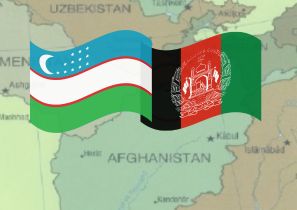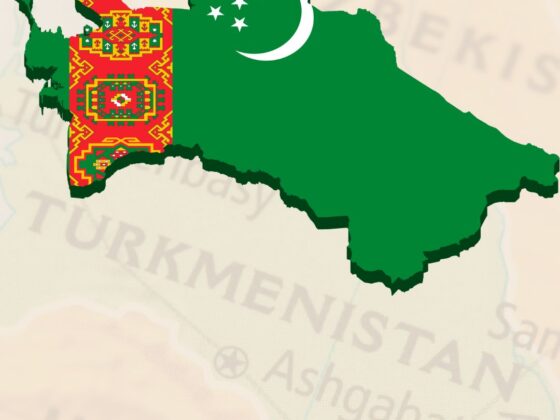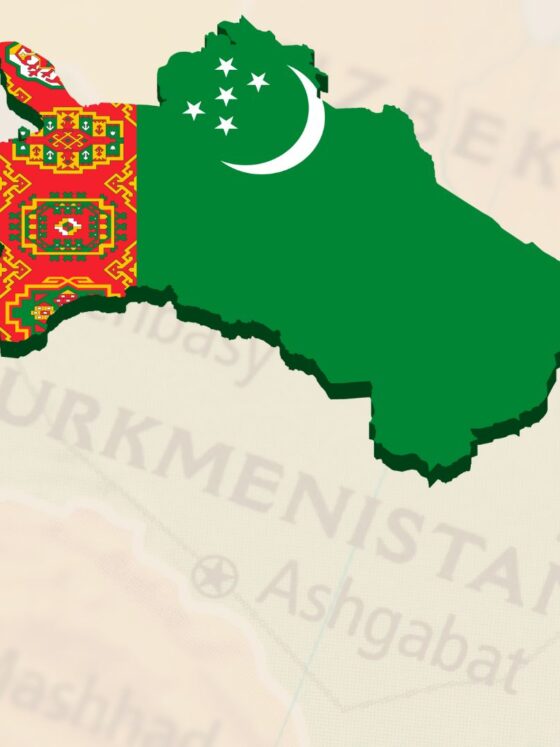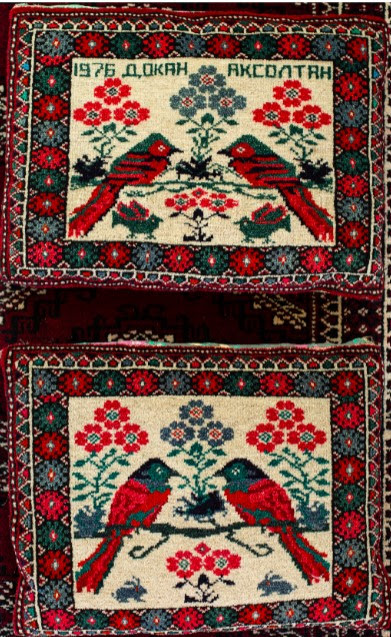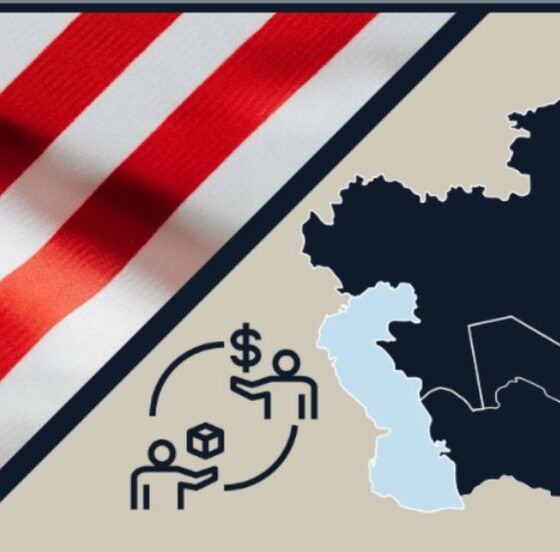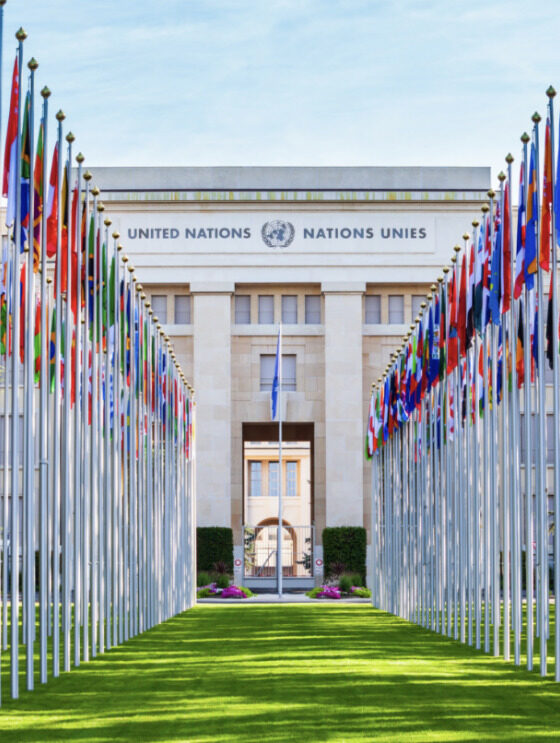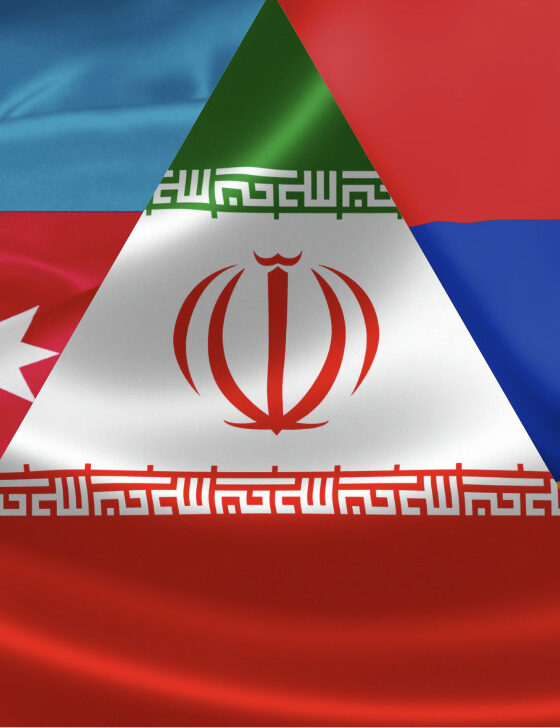Date: April 10, 10:00–11:15 a.m.
Location: 1957 E St NW, Washington D.C., Room 212, second floor.
The Central Asia Program is pleased to host Javlon Abdujalolovich Vakhabov, former Ambassador of Uzbekistan to the United States and currently Director at the International Institute of Central Asia, for a discussion on Uzbekistan’s evolving strategy toward Afghanistan.
In this event, Amb. Vakhabov will outline Tashkent’s pragmatic approach—combining humanitarian assistance, economic cooperation, and infrastructure development—to help transform Afghanistan from a source of instability into a bridge for broader regional integration. He will also highlight key Uzbek initiatives, including the Trans-Afghan Railway project, regional energy linkages, and trade facilitation through Termez, all of which aim to foster stability through connectivity.
Speaker: Amb. Javlon Vakhabov currently holds the position of Director at the International Institute of Central Asia, a governmental research institute established in 2021. He began his career at the Ministry of Foreign Affairs of Uzbekistan in 2001. In November 2013, he was appointed as one of the four Deputy Ministers of Foreign Affairs. Since July 2015, he has served as the First Deputy Minister of Foreign Affairs. In October 2017, he was nominated by President Shavkat Mirziyoyev and approved by the Senate for the position of Ambassador Extraordinary and Plenipotentiary of Uzbekistan to the United States (since 2017), as well as to Canada (since 2018) and Brazil (since 2021), with residence in Washington, DC. He was awarded the “Sodiq xizmatlari uchun” (“For Loyal Service”) Medal in 2013 and the “Dustlik” (“Friendship”) Order in 2019. He speaks English and Spanish.
Moderator: Sebastien Peyrouse is Director of the Central Asia Program and Research Professor, IERES, The George Washington University. His main areas of expertise are political systems in Central Asia, economic and social issues, Islam and religious minorities, and Central Asia’s geopolitical positioning toward China, India, and South Asia.

